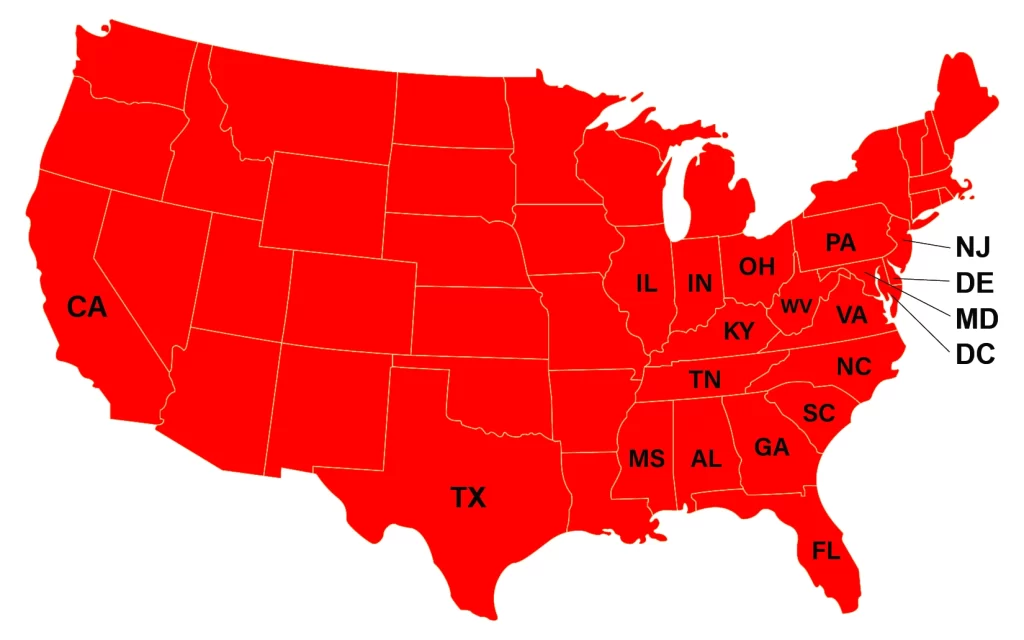Workers’ compensation is a vital safety net for employees injured on the job. It ensures that workers receive medical care and financial support while they recover. However, this system, like many others, is vulnerable to abuse. Fraudulent claims can lead to financial losses for employers, insurers, and ultimately taxpayers. This is where private investigators play an indispensable role in maintaining the system’s integrity. By verifying claims and identifying fraudulent behavior, private investigators ensure that benefits go only to those who genuinely need them.
This blog will explore the importance of private investigators in workers’ compensation cases, how they operate, and why their role is critical to ensuring accurate claims.
Understanding Workers’ Compensation Fraud
Workers’ compensation fraud occurs when an individual deliberately misrepresents a workplace injury or illness to obtain undeserved benefits. Fraudulent claims can take multiple forms, including:
- Exaggerating Injuries: A minor injury is portrayed as a serious or debilitating condition.
- Fabricating Injuries: The claimant claims an injury occurred at work when it did not.
- Working While Collecting Benefits: An individual collects workers’ compensation benefits while earning income elsewhere.
Such fraud can strain company finances, increase insurance premiums, and undermine the trust that employers and employees have in the compensation system.

According to the National Insurance Crime Bureau (NICB), workers’ compensation fraud costs businesses and insurers billions of dollars annually. This underscores the need for rigorous investigations to protect legitimate claims and combat fraudulent activities.
The Role of Private Investigators in Workers’ Compensation Claims
Private investigators are hired to ensure the legitimacy of workers’ compensation claims. They bring professional expertise and a range of tools to assess whether a claim aligns with reality. Here’s how private investigators contribute to this process:
1. Surveillance
Surveillance is one of the most common and effective tools used in workers’ compensation investigations. Private investigators discreetly monitor claimants to observe their physical activities. For example, if an individual claims a severe back injury but is seen lifting heavy objects, mowing the lawn, or engaging in sports, it can provide clear evidence of fraud.
Surveillance methods include:
- Video Recording: Capturing video evidence of physical activities inconsistent with reported injuries.
- Photographic Evidence: Taking pictures of the claimant performing strenuous tasks.
- Activity Logs: Keeping detailed records of the claimant’s daily activities.
This information can then be presented as evidence to insurance providers or courts.

2. Background Checks
Private investigators conduct thorough background checks to identify inconsistencies or prior fraudulent behavior. A claimant’s history might reveal red flags such as:
- A pattern of frequent claims across different employers.
- Criminal records involving fraud or dishonesty.
- Other undisclosed income sources or employment.
These checks provide additional context for evaluating the validity of a claim.
3. Interviews and Statements
Private investigators often interview coworkers, managers, and even neighbors to gain more information about the claimant’s behavior before and after the reported injury. These interviews can reveal whether the claimant displayed suspicious behavior or exaggerated their injuries.
For example:
- A coworker may disclose that the injury occurred outside of work.
- A neighbor might note that the claimant was seen engaging in activities inconsistent with their claimed condition.

4. Social Media Monitoring
In today’s digital age, social media is a powerful investigative tool. Claimants may inadvertently post photos, videos, or updates that contradict their injury claims. For instance:
- A person claiming a broken arm may share photos of themselves participating in sports.
- Posts about vacations or physical hobbies can undermine claims of debilitating injuries.
Social media monitoring helps investigators gather digital evidence to support or challenge a claim.
Why Private Investigators Are Essential in Workers’ Compensation Cases
1. Protecting Employers from Financial Losses
Fraudulent claims can significantly impact employers. Higher workers’ compensation costs lead to increased insurance premiums and operational expenses. By detecting and preventing fraud, private investigators save employers thousands of dollars in unwarranted payouts.
2. Ensuring Fairness for Legitimate Claimants
Every dollar lost to fraudulent claims is a dollar that could go to someone with a legitimate injury. Private investigators ensure that the system remains fair, allowing genuinely injured employees to receive the compensation they deserve.
3. Preventing Abuse of the System
Workers’ compensation fraud can erode trust within organizations. Employees may feel demoralized when they see colleagues exploiting the system. By addressing fraudulent claims, investigators help restore confidence in the process.

4. Reducing Taxpayer Burden
Fraudulent claims often trickle down to taxpayers, especially when public entities or government-funded programs are involved. Preventing fraud protects public resources and ensures they are used responsibly.
Real-Life Example of Workers’ Compensation Investigations
Consider the case of an employee who reported a back injury and filed for workers’ compensation. The claimant stated that the injury was so severe they could not walk without assistance. A private investigator was hired to conduct surveillance. Over the course of a week, the investigator captured video footage of the individual:
- Jogging in a park.
- Lifting boxes into a car.
- Participating in a recreational sports league.
This evidence was presented to the insurance company, leading to the denial of the claim. The fraudulent behavior was exposed, saving the employer and insurer thousands of dollars.
Such investigations are not uncommon and highlight the importance of private investigators in uncovering the truth.
Legal and Ethical Boundaries of Investigations
Private investigators must adhere to strict legal and ethical guidelines when conducting workers’ compensation investigations. Some key considerations include:
- Privacy Laws: Investigators cannot trespass, hack devices, or record individuals in private spaces. Surveillance must occur in public areas.
- Ethical Conduct: Investigators must avoid deceptive practices, such as impersonation or false representation.
Ensuring investigations are legally sound protects the integrity of the findings and prevents liability for employers and insurers.
The Long-Term Benefits of Accurate Claims
Accurate workers’ compensation claims benefit all stakeholders in the system:
- Employerscan avoid unnecessary financial burdens and maintain stable insurance premiums.
- Insurerscan allocate resources to legitimate claims, improving efficiency and profitability.
- Employeescan trust that the system will support them in times of genuine need.
Private investigators play a crucial role in achieving these outcomes by providing clarity, evidence, and peace of mind.
Ensure Accurate Workers’ Compensation Claims with J.P. Investigative Group
At J.P. Investigative Group, our skilled private investigator Charlotte in Charlotte, NC, possess the tools and resources to identify fraudulent claims. Utilizing advanced surveillance techniques, we can document activities that contradict reported injuries, such as individuals on leave for a bad back engaging in strenuous tasks. Our findings help relieve employers and taxpayers from funding unwarranted claims. For reliable private investigation Charlotte services, call now to safeguard your business!


